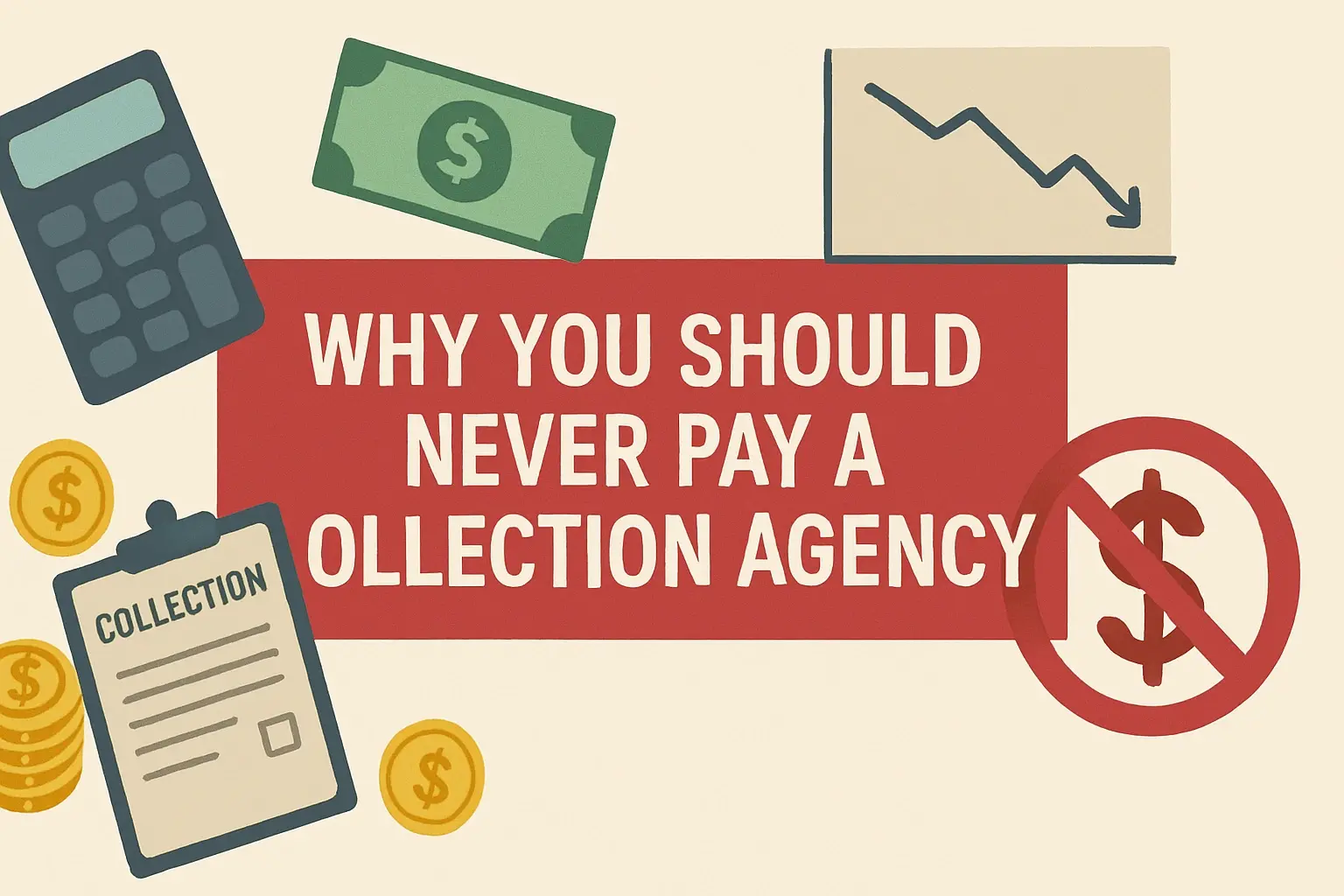-
Posted on: 06 Feb 2025

-
Your credit score is a crucial three-digit number that lenders use to assess your creditworthiness. It significantly impacts your ability to obtain loans, credit cards, and even rent an apartment. Understanding what a specific score means is essential for managing your financial health. This article delves into the specifics of a 635 credit score, exploring its implications and providing actionable steps to improve your credit standing.
Understanding Credit Scores: A Quick Overview
Before we dive into the specifics of a 635 credit score, let's briefly review the basics of credit scores. The most commonly used credit scoring models are FICO and VantageScore. Both models range from 300 to 850, with higher scores indicating a lower risk to lenders.
FICO Score Ranges:
- Exceptional: 800-850
- Very Good: 740-799
- Good: 670-739
- Fair: 580-669
- Poor: 300-579
VantageScore Ranges:
- Excellent: 750-850
- Good: 700-749
- Fair: 650-699
- Poor: 550-649
- Very Poor: 300-549
Where Does 635 Fall? Implications of a 635 Credit Score
A 635 credit score typically falls within the "Fair" range for both FICO and VantageScore models. While it's not considered a "bad" credit score, it's also not ideal. It indicates that you may have some credit challenges, but you're not in the worst possible situation. Let's explore the implications of a 635 credit score:
Access to Credit and Loan Approval:
With a 635 credit score, you may still be able to get approved for loans and credit cards, but your options will likely be limited. You might not qualify for the most favorable interest rates or the best terms. Lenders see you as a higher risk, which translates to higher borrowing costs.
Interest Rates:
One of the most significant impacts of a 635 credit score is on interest rates. You'll likely face higher interest rates on loans, credit cards, and mortgages compared to someone with a good or excellent credit score. Even a small difference in interest rate can add up to thousands of dollars in extra costs over the life of a loan.
Credit Card Options:
While you might be approved for some credit cards, you'll likely be limited to secured credit cards or those with higher annual fees and lower credit limits. You may not qualify for rewards cards or those offering perks like travel insurance or cash back.
Loan Options:
Your loan options will also be more limited with a 635 credit score. You might find it harder to get approved for personal loans, auto loans, or mortgages with favorable terms. You may need to provide a larger down payment or accept a higher interest rate to secure financing.
Renting an Apartment:
Landlords often check credit scores as part of the application process. A 635 credit score might raise some concerns for landlords, and they may require a higher security deposit or ask for a co-signer.
Insurance Rates:
In some states, insurance companies use credit scores to determine insurance premiums. A lower credit score can result in higher insurance rates for auto, home, and even life insurance.
Factors that Influence Your Credit Score
Understanding the factors that contribute to your credit score is crucial for improving it. The main factors, as determined by FICO, include:
Payment History (35%):
This is the most important factor. Making on-time payments on all your debts is crucial. Late payments, even by a few days, can negatively impact your credit score.
Amounts Owed (30%):
This refers to the amount of debt you owe compared to your available credit. Keeping your credit utilization low (ideally below 30%) is essential. Credit utilization is the percentage of your available credit that you're using.
Length of Credit History (15%):
A longer credit history generally translates to a higher credit score. The longer you've been using credit responsibly, the better.
Credit Mix (10%):
Having a mix of different types of credit accounts (e.g., credit cards, installment loans, mortgages) can positively impact your credit score, showing that you can manage different types of debt.
New Credit (10%):
Opening too many new credit accounts in a short period can negatively impact your credit score. Each new account can lower your average account age and indicate higher risk.
Strategies to Improve a 635 Credit Score
If you have a 635 credit score, don't despair! There are several steps you can take to improve it. Consistent effort and responsible credit management can significantly boost your score over time.
1. Make On-Time Payments:
This is the most critical step. Set up automatic payments to ensure you never miss a due date. If you're struggling to make payments, contact your lenders to explore options like hardship programs or payment plans.
2. Reduce Credit Card Balances:
Pay down your credit card balances as much as possible to lower your credit utilization. Focus on paying down the cards with the highest interest rates first. Consider transferring balances to a lower-interest card or taking out a debt consolidation loan.
3. Avoid Opening Too Many New Accounts:
Resist the temptation to open multiple new credit accounts in a short period. Each new account can lower your average account age and impact your credit score.
4. Monitor Your Credit Report Regularly:
Check your credit report from all three major credit bureaus (Equifax, Experian, and TransUnion) at least once a year. You can obtain a free copy of your credit report from AnnualCreditReport.com. Review your report for any errors or inaccuracies and dispute them with the credit bureau.
5. Become an Authorized User:
If you have a trusted friend or family member with a credit card in good standing, ask if you can become an authorized user on their account. Their positive credit history can help boost your credit score.
6. Consider a Secured Credit Card:
A secured credit card requires you to deposit a security amount, which typically serves as your credit limit. Using a secured credit card responsibly and making on-time payments can help you rebuild your credit.
7. Use Credit-Builder Loans:
Credit-builder loans are designed to help people with limited or poor credit history establish a positive credit record. These loans typically involve making fixed monthly payments over a set period, and the payments are reported to the credit bureaus.
8. Dispute Errors on Your Credit Report:
Carefully review your credit reports for any inaccurate information, such as incorrect account balances, late payments reported in error, or accounts that don't belong to you. Dispute any errors with the credit bureaus. They are legally obligated to investigate and correct any inaccuracies.
9. Be Patient and Consistent:
Improving your credit score takes time and effort. There's no quick fix or magic bullet. Be patient and consistent with your credit management practices, and you'll see your score gradually improve over time.
The Timeline for Credit Score Improvement
The time it takes to improve your credit score depends on several factors, including the severity of your credit issues, the steps you take to improve your credit, and the reporting practices of your lenders. In general, you can expect to see gradual improvements over several months to a year. More significant improvements may take longer, especially if you have serious credit problems like bankruptcies or foreclosures.
Short-Term Improvements:
Addressing simple issues like late payments or high credit card balances can lead to relatively quick improvements in your credit score. You might see a noticeable increase within a few months of making on-time payments and reducing your credit utilization.
Long-Term Improvements:
Rebuilding your credit after serious credit problems can take longer. Bankruptcies, foreclosures, and repossessions can remain on your credit report for several years, and it will take time to establish a positive credit history to offset these negative marks. Consistent responsible credit management is essential for long-term credit score improvement.
When to Seek Professional Help
While you can take steps to improve your credit score on your own, there are situations where seeking professional help from a credit counselor or financial advisor may be beneficial.
Debt Management:
If you're struggling with overwhelming debt, a credit counselor can help you develop a debt management plan and negotiate with your creditors to lower interest rates or monthly payments.
Credit Report Errors:
If you're having difficulty disputing errors on your credit report or if you suspect identity theft, a credit counselor can assist you in navigating the dispute process and protecting your credit.
Financial Planning:
If you need help with budgeting, saving, or other financial planning matters, a financial advisor can provide personalized advice and guidance.
The Ultimate Goal: Building Excellent Credit
While improving from a 635 credit score is a great start, the ultimate goal should be to build excellent credit. An excellent credit score opens up a world of financial opportunities, including access to the best interest rates, the most lucrative credit card rewards programs, and the ability to achieve your financial goals more easily.
Benefits of an Excellent Credit Score:
- Lower interest rates on loans and credit cards
- Access to premium credit card rewards programs
- Better terms on mortgages and auto loans
- Increased approval odds for loans and credit cards
- Lower insurance premiums
- Easier approval for rental applications
- Greater financial flexibility










